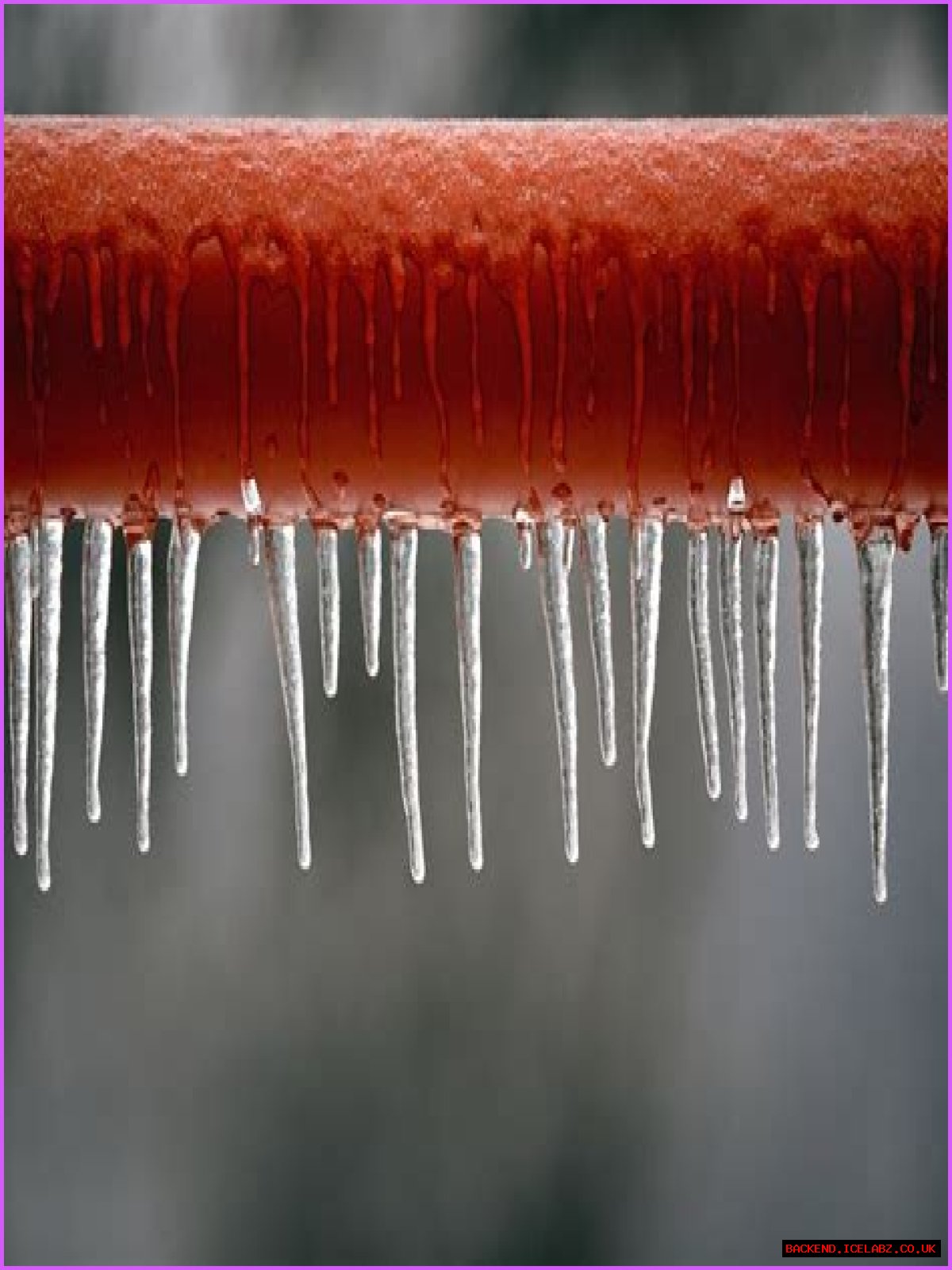Will pipes freeze at 20 degrees?
Information varies on how cold it has to be for pipes to freeze, but the freezing temperature of water is 32 degrees. So, theoretically, your pipes could freeze at any temperature lower than that. But for your pipes to literally freeze overnight, the temperature would probably have to drop to at least 20 degrees.
At what temperature do pipes break?
As you can imagine, there’s no magical temperature as to when your pipes will freeze, but the generally accepted thought is that most pipe-bursting occurs when the weather is twenty degrees or less. Obviously, the colder the weather, the greater the chance of your pipes freezing.
Will pipes freeze at 21 degrees?
As a general rule, temperatures outside must drop to at least 20 degrees or lower to cause pipes to freeze.
How quickly will pipes freeze?
How Quickly Do Pipes Freeze? Pipes can freeze in as little as six to eight hours, meaning they can freeze overnight. If the outside temperature is below 32 degrees F and your pipes are unprotected, your chances for a frozen pipe increase.
What’s the temperature at which water pipes freeze?
Let’s start insulating to protect our pipes from freezing. As discussed as to at what temperature do pipes freeze, we know that water freezes at 32 degrees Fahrenheit and therefore, pipes that are installed outdoors have a much bigger chance of freezing as soon as it passes the 32 degrees Fahrenheit mark.
How long does it take for a frozen water pipe to thaw out?
Fortunately, most DIY methods for unfreezing pipes gets the water flowing again in 30-40 minutes. You might be tempted to wait for the pipes to thaw out by themselves. But keep in mind: Depending on the weather, the process can take days. Pipes typically don’t freeze until the temperature dips to 20 degrees Fahrenheit.
What’s the danger of pipes freezing during a cold snap?
When a cold snap hits, the pipes sit unprotected and potentially exposed to the freezing temperatures without insulation to hold in the heat. For that reason, outdoor temperatures of 20 degrees Fahrenheit or lower in the South are generally considered the danger zone for pipe freezing.
What causes a copper water line to freeze?
Generally, if the temperature falls below 20 degrees Fahrenheit ice will form in water lines and pipes will freeze. Years ago when copper and steel pipes were all the rage, homeowners had a series of precautions they adhered to in order to keep these types of pipes from freezing and eventually bursing.
What should the temperature be for water pipes to freeze?
As a general rule, temperatures outside must drop to at least 20 degrees or lower to cause pipes to freeze. In northern climates, where the temperatures regularly fall below freezing, modern homes tend to be well insulated and water pipes are located on the inner parts of the house for extra protection.
Why does it take so long for a frozen pipe to burst?
It should be noted that not all frozen pipes will burst, though it is extremely likely to happen due to the expansion of water becoming ice in the pipe itself, causing cracks and ultimately busting. Why Does It Take Pipes So Long To Freeze? Pipes will begin to freeze once temperatures have reached 20 degrees and below.
When a cold snap hits, the pipes sit unprotected and potentially exposed to the freezing temperatures without insulation to hold in the heat. For that reason, outdoor temperatures of 20 degrees Fahrenheit or lower in the South are generally considered the danger zone for pipe freezing.
Can a blockage in a drain cause pipes to freeze?
The biggest threats for our homes are possible blockages in the main drain system or in the pipes that are not safely secured enough. At What Temperature do Pipes Freeze? The most probable cause of water pipes freezing is a low temperature of lesser than 20 degrees Fahrenheit.
